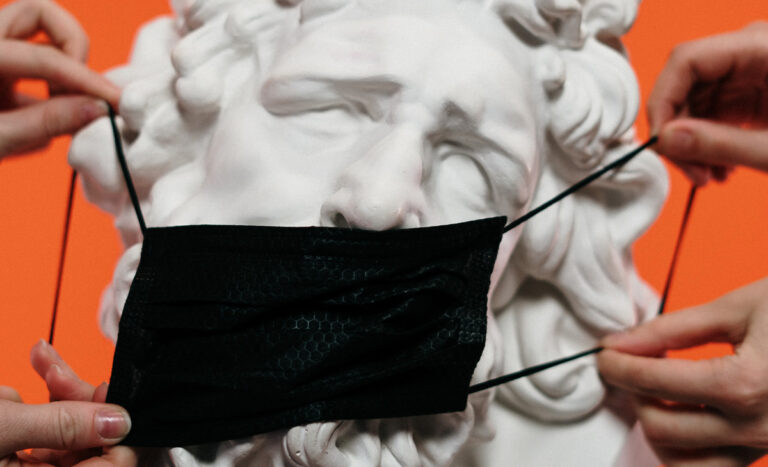Has quarantine culture made us prone to addiction?
The COVID-19 pandemic has led to many of us being in and out of quarantine. We had to stay at home and try our best to keep our minds off our depression and anxiety. For some, it meant quelling those feelings with an extra glass of wine or two (or three, or four). Could it be that quarantine culture has made us more prone to addiction than before?
COVID-19 and addiction: how we got here
It’s not hard to notice the effects of quarantine culture on people with depression and anxiety. We stay at home, living off the internet and social media, watching TV shows, reading books, or playing video games. We can no longer meet up with our friends for brunch, coffee, or dinner.
And even if we manage to go out, the effects of our mental health issues follow us everywhere. We want to stay at home because it’s easier than facing the outside world. Once we do leave our homes, we’re constantly bogged down by fear. Many have even become agoraphobic.
There are numerous factors that contribute to making a person more prone to addiction. It’s widely believed that it’s a combination of both genetic and environmental factors. A Danish study has even recently found three new genes linked with alcoholism.
Upbringing is another factor. Researchers at the University of California Irvine have recently discovered how stress makes alcohol abuse more likely. They found that the impact of stress changes the expression of a gene called CRF in a way that makes alcohol abuse more probable.
So, if people with stressful upbringings and/or unpleasant environments are more prone to addiction than others, does that mean that COVID-induced quarantines and lockdowns have made us more likely to become addicts?
Addictive personalities and pre-existing addictions
If you have an addictive personality, you’re more likely to suffer from addiction issues during quarantine. Some believe that an addictive personality is largely a myth but what the term describes is really a sequence of traits that could lead to you being more likely to fall into substance abuse.
In addition to having an addictive personality, pre-existing issues with addiction could make you particularly vulnerable. An international overview of substance abuse found that substance addiction increased throughout the pandemic for a variety of reasons, such as social isolation and a lack of social safety nets and resources.
Furthermore, the panel found that the type of substances abused changed because the types of substances available also changed. Particularly, opioids and stimulants were found to be more popular.
How do you know when you're addicted?
Be conscientious about your substance use. If you find yourself leaning on a glass of wine or taking more than the suggested amount of prescription medication to get through the day, you should talk to a professional. If your friends and family members tell you that you might have a problem, listen to them with an open mind. Pay attention to your mental health and contemplate any changes that you make to your lifestyle. Reach out to friends and family and talk to them about your concerns.
Fighting off the quarantine blues
The only way that we can reverse the effects of quarantine culture is to learn how to deal with our mental health issues and put ourselves in a better environment. We need to find ways to fight off the loneliness and depression that comes with quarantine, which may help us avoid substance abuse.
– Find ways of connecting with people. Host online hangouts, take Zoom classes and play online games like Animal Crossing with friends.
– Talk to a professional. You can now contact them through online chat and video calls, which means you can get mental health help without having to talk to someone in person (and risk exposure).
– Engage with your family and friends. By letting them know that you’re struggling and talking to them about your struggles, you’ll feel less alone.
Anything that causes more stress can cause issues with addiction, especially if someone is already predisposed towards addiction. If you feel that you are experiencing issues with addiction, consider the benefits of a rehab centre. It’ll provide a holistic environment through which you can rebuild your health.





